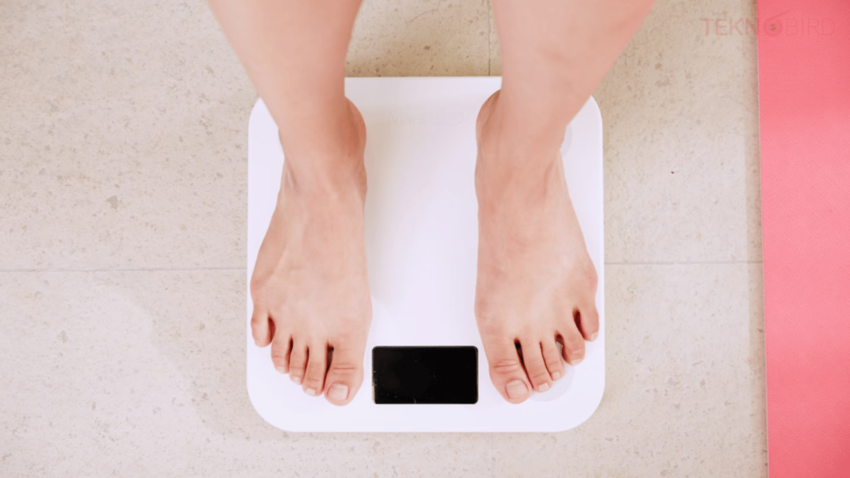Weight loss and management is a worthy undertaking, but it is not one that can easily be undertaken. It requires time, effort and drive. But most of all, it is a journey that is highly personal because many factors can also influence the way we gain and lose weight.
If you’re interested in losing weight, then we’ve listed down a few things you may need to know!
Find Your Why
Before you begin and commit yourself to weight loss, you need to find out: what’s the reason why you want to lose weight? Is it for health? It can be as shallow but as valid as wanting to look hot, and it can be as nuanced as wanting to live longer so that you can enjoy more moments with the people you love the most.
One of the most common reasons is for health. People with PCOS may find weight loss desirable and necessary to help manage their symptoms. For them, their health may also be a reason why they want to lose weight.
Once you find your “why,” it’s easier to commit to your goal.
Set Realistic Goals
After committing, you have to be realistic about the amount of weight you want to lose – and the way that you want to lose weight. Your body might enjoy specific workouts and might not enjoy others.
Weight loss is personal; since we aim to lose weight properly and in a healthy manner, we also need to discern how we can do it. For example, “exercising more” won’t work; instead, what you can write is “I will walk for 30 minutes everyday.”
Watch Your Diet
What you eat is also one of the biggest denominator in your weight. Think of your body as a car and then imagine: what you eat is its fuel. To move, your body needs good quality fuel. Ergo: you need good food to fuel your body throughout the day.
You can lower the amount of calories that you eat, but you also need to remember that the longer/more things you need to do within the day (errands, work, exercise), the more food that you should eat. If you’re someone busy, then you need to look at the quality of the food you eat, not just the quantity.
You can up the number of vegetables that you eat within a day, and ensure you have a great calorie source and protein.
For PCOS patients, protein, fiber, and leafy greens are heavily encouraged in their diets.
Incorporating More Movement
Just like diet, physical activity can be pretty personal! When incorporating more movement into your routine, make sure that the activity is something that you genuinely enjoy doing! Some girls like having low-impact walks because they’re easier and feel natural; others might prefer more intensive workouts.
Pilates is also another accessible and great option for a workout!
Don’t Forget To Monitor!
Lastly, don’t forget to check and monitor your weight loss results. You don’t need to check your weight on the scale everyday; even once a week will do.
You may also want to avail the following laboratory tests that you can get from a laboratory in Quezon City as well:
- Urinalysis: Another crucial monitoring tool you have is through tests. An unexpected test that you can use is the urinalysis, although some would recommend blood tests more. Nuclear magnetic resonance (NMR) spectroscopy sums the levels of different chemicals in urine. In this test, you can also track healthy indicators of one’s diet, like fruit intake, as well as chemicals linked to health problems like obesity and high blood pressure.
- Blood Tests: Blood tests can also be helpful because they can help you check your hormone levels (these hormones also may have a role in obesity). Low thyroid levels are also why some people find it hard to manage their weight; thyroid hormones also control your metabolism.
Wrapping Up
Healthy weight loss and management is possible and ideally, should be sustainable. There’s no ‘universal’ way that we should lose weight. Rather, what we should aim for is healthy weight loss that is also sustainable and not ruin our relationship with food.

